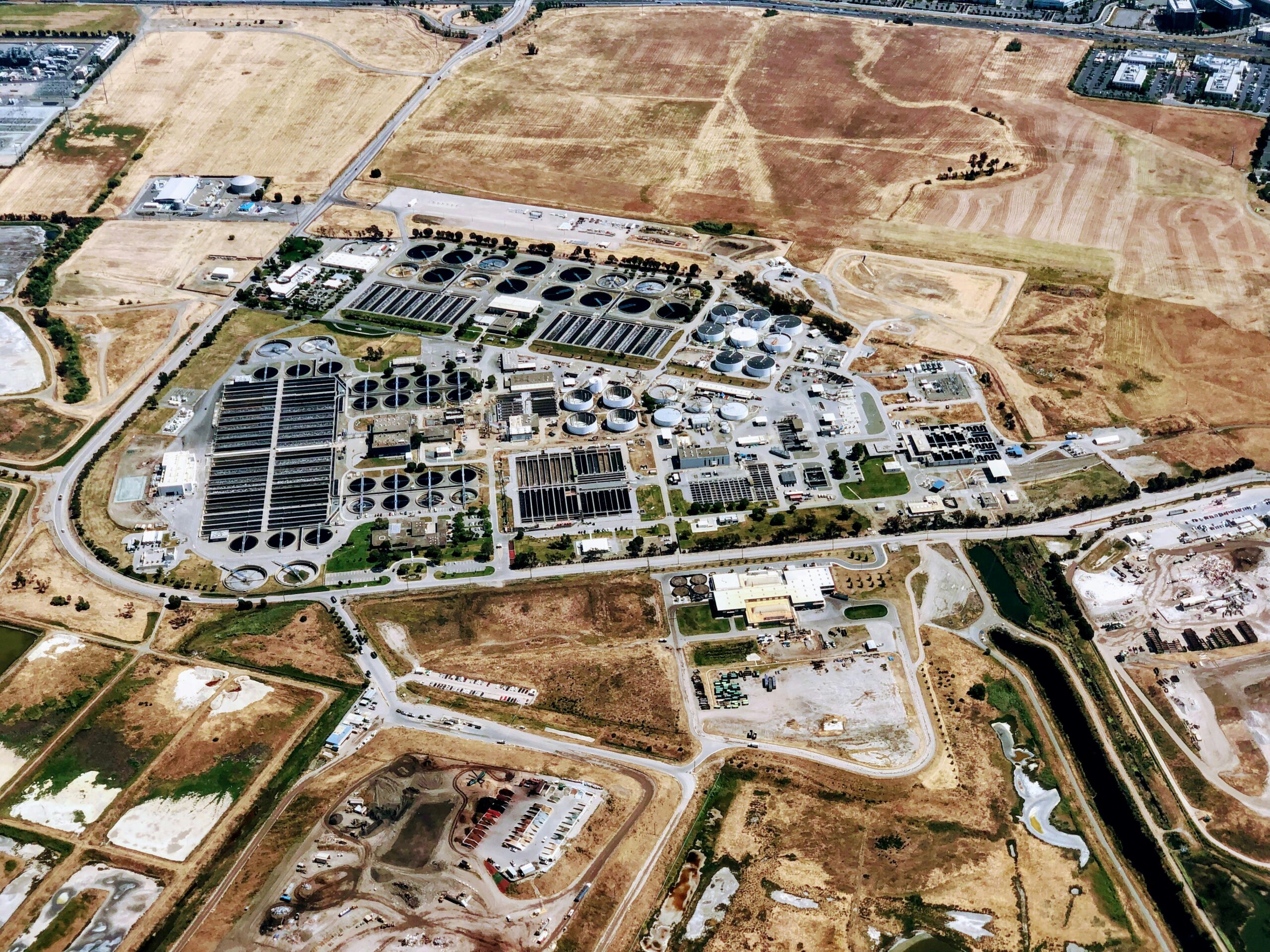Why some projects fail to gain traction
Your project has an experienced and qualified project manager leading a team of highly-skilled team members purposely selected to deliver a successful project. In truth, you feel you have the A-Team focused on this initiative. However, against all logical reasoning, the project is not moving forward as expected, and to be quite frank, the project is struggling to gain any semblance of traction. The team continues to execute a lot of work, but milestones are not met, communication with executive stakeholders is strained and the team shows signs of stress. Unfortunately, statistics show, this scenario happens more times than not. The combination of a qualified manager, a strong project team and a worthwhile project does not often correlate to a success story. Through hundreds of successful ‘project interventions’ and thousands of team members’ and manager’s surveys, PMAlliance has distilled the common reasons that projects fail to gain momentum down to a few common issues.
- Sponsor(s) give conflicting direction
- There is not a single set of guiding principles
- Progress is ineffectively monitored
- There is no method to focus the team’s near-term commitments
- Team meetings are poorly focused
How Do We Address These Issues?
There are many courses of action a leader could take to inspire momentum in a stalled project. Some of these techniques are more drastic than others. PMAlliance has distilled the most successful best practices for generating momentum from project inception, planning, execution, and control into an integrated project management approach called Duration-Driven® Planning and Control. This prescriptive methodology provides clear direction to executive stakeholders, project managers and team members for which vital few techniques should be applied at every stage of the project lifecycle.
What is Duration-Driven® Planning and Control?
Duration-Driven Planning and Control is a team-based methodology founded on the basic principle that in order to keep a team committed to a project schedule, they need to have input into building that schedule. Further, to more accurately reflect the fluctuation in their daily work (various responsibilities, multiple projects, juggling priorities, etc.) they should plan their projects according to estimated durations instead of best-case effort approximations. This approach results in a network-based project plan that more accurately reflects reality and is a better predictor of when key milestones will be attained. The methodology provides a clear set of guidelines, terminology and techniques to be used by the team during the project planning phase. Duration-Driven Methodology doesn’t stop with the development of a project plan. It also addresses the critical importance of project control. The methodology addresses the entire project management lifecycle from initial stakeholder alignment, to schedule development, through the control process. Its comprehensive nature ensures participants gain value from project inception to close-out.
How does this methodology help the project gain traction and keep momentum?
Duration-Driven Planning and Control helps to jumpstart engagement right from the beginning by instilling a sense of urgency amongst the team and maintaining that focus throughout the life of the project. The methodology begins by engaging the Project Sponsors, Project Manager and Team Members by gaining clear alignment on what success means for the project – prior to any planning being conducted. Further, this alignment is continually addressed throughout the life of the project when Sponsors consider possible scope changes. Duration-Driven provides the project team a clear set of guiding principles for project plan development and ongoing control, so as to promote continued participation. The resulting project plan is responsive to the progress (or lack thereof) of the team and provides an early warning as to whether the team is drifting off course. The methodology provides the foundation for how to institute a proactive control process that not only monitors the team progress; it also gains re-commitment on the most important near-term activities. Keeping the team focused on what is coming downstream helps provide a greater sense of visibility for possible schedule delays. Finally, Duration-Driven Methodology is based on common critical path control practices, which helps to focus team meetings on what is driving the project milestones. This focus enables team meetings to become value-added, stream lined status updates instead of those endless time-consuming meetings everyone avoids!
How can I acquire these skills?
Duration-Driven Planning and Control is delivered during a 2-day instructor-led event. Throughout the two-day event, practical challenges are posed, participants engage in various group exercises and students learn how they can adapt the general techniques taught in the class to the unique aspects of their projects. At the conclusion of our program, participants will be well equipped to participate in creating comprehensive project plans, implement disciplined processes for maintaining those plans, and utilize management reviews to ensure deliverables are completed in a timely manner.
Check out our open training calendar here.




